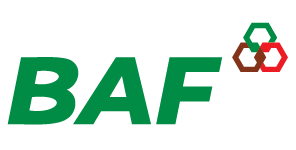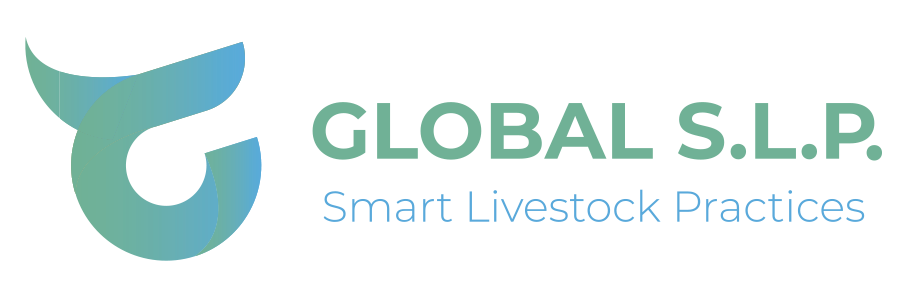On July 17, 2025, BAF Vietnam Agriculture Joint Stock Company (HOSE: BAF) officially broke ground on the Thanh Dat Gia Lai farm project. This large-scale, high-tech pig farming initiative will house 5,000 sows and produce approximately 150,000 market pigs annually, with projected annual revenue ranging from VND 850 billion to VND 950 billion.
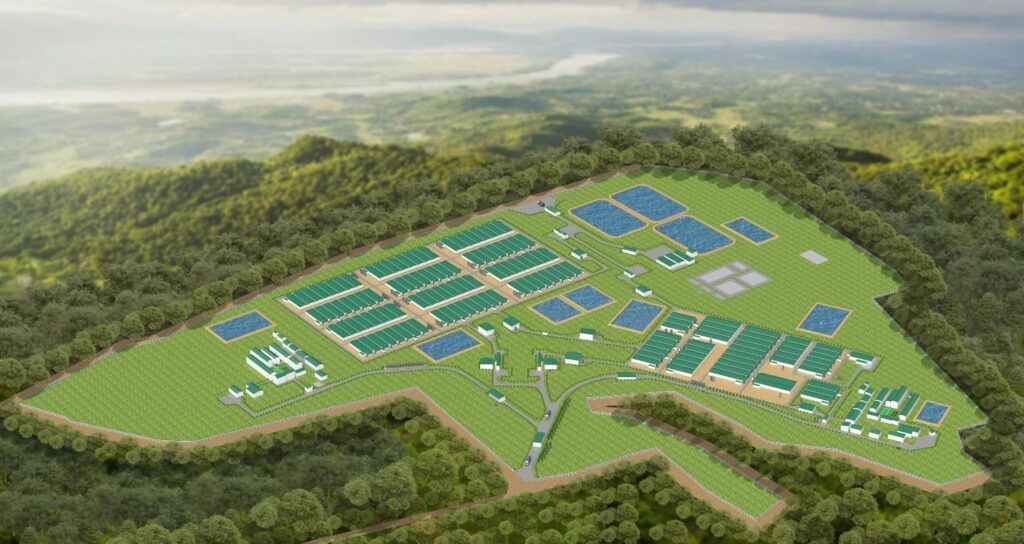
The new project, featuring a capacity of 5,000 sows and 150,000 market pigs per year, is expected to generate annual revenue ranging from VND 850 billion to VND 950 billion.
Large-Scale, High-Tech Livestock Operation
Not only is BAF investing in scale, but according to Mr. Nguyen Van Minh – Deputy General Director of BAF – the company is also prioritizing the integration of advanced livestock technologies aimed at enhancing biosecurity and environmental protection, two of the most pressing concerns in the livestock industry.
“Specifically, BAF will implement a four-layer air filtration system and a five-level intelligent biosecurity system to effectively prevent the spread of dangerous pathogens such as PRRS and PED – infectious diseases caused by viruses that severely affect pigs’ reproductive and respiratory systems. A key focus is the prevention of African Swine Fever (ASF). These measures will help establish a safe living environment for the animals, improve disease control efforts, and protect the herd amid ongoing, complex disease outbreaks.
The farm’s high-tech livestock management processes will also be automated through the use of AI applications and tools. These will monitor the pigs’ condition and weight, enable intelligent disease detection and diagnostics, and automatically regulate microclimate factors such as temperature, humidity, lighting, and ventilation—ensuring optimal living conditions for growth and development” – Mr. Minh stated.
BAF is also making robust investments in environmental safety, with the implementation of a smart deodorization and disinfection system capable of eliminating over 95% of odors and thoroughly purifying exhaust air, thereby ensuring clean and safe emissions.
Additionally, a state-of-the-art wastewater and waste treatment system will support water conservation efforts and produce organic fertilizer for agricultural use—part of BAF’s commitment to a circular economy model. This approach reinforces the company’s broader mission to promote sustainable development in both livestock farming and agriculture.
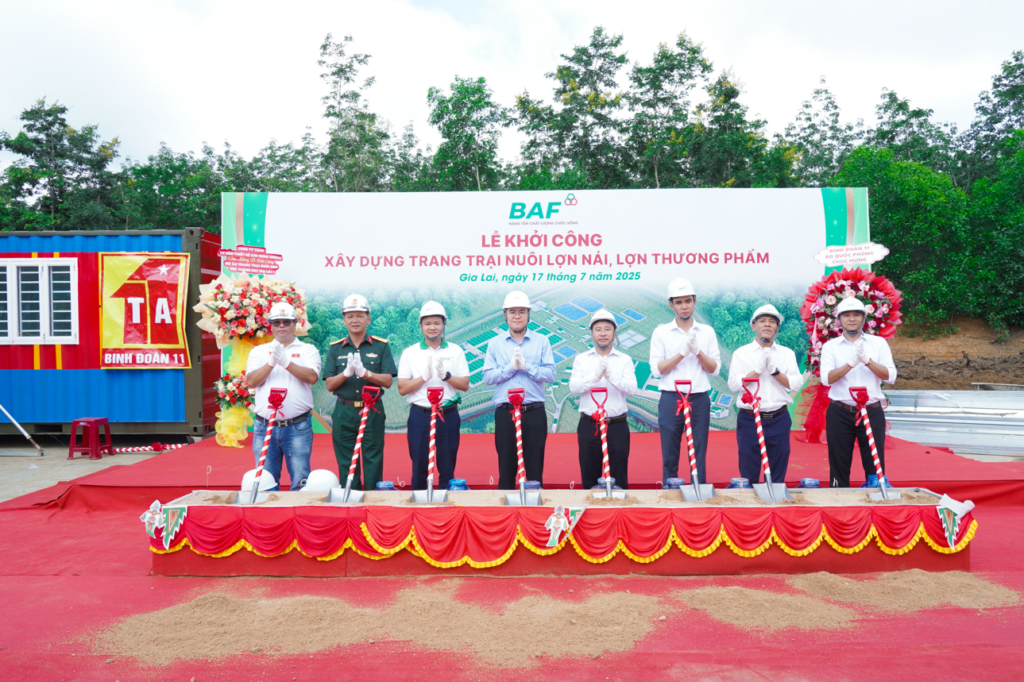
The groundbreaking ceremony for the project took place on the morning of July 17, 2025.
Implementing Group Housing Model for Sows
BAF has adopted the Group Housing model for sows — a livestock farming approach that meets international animal welfare standards set by organizations like the World Organisation for Animal Health (OIE) and the European Union.
This model will continue to be expanded across BAF’s existing and future farms. Under the Group Housing model, sows are raised in spacious environments that allow them to move freely, interact socially, and exhibit natural behaviors. At the same time, nutritional and physical activity management is scientifically monitored to maintain biosecurity and farming efficiency.
Scientific research conducted by international animal welfare organizations has demonstrated that group housing can help reduce animal stress and enhance the overall health of the herd. As a result, sows have stronger immunity and are less prone to disease, while piglets born from group-housed sows tend to be healthier and of higher weight and quality.
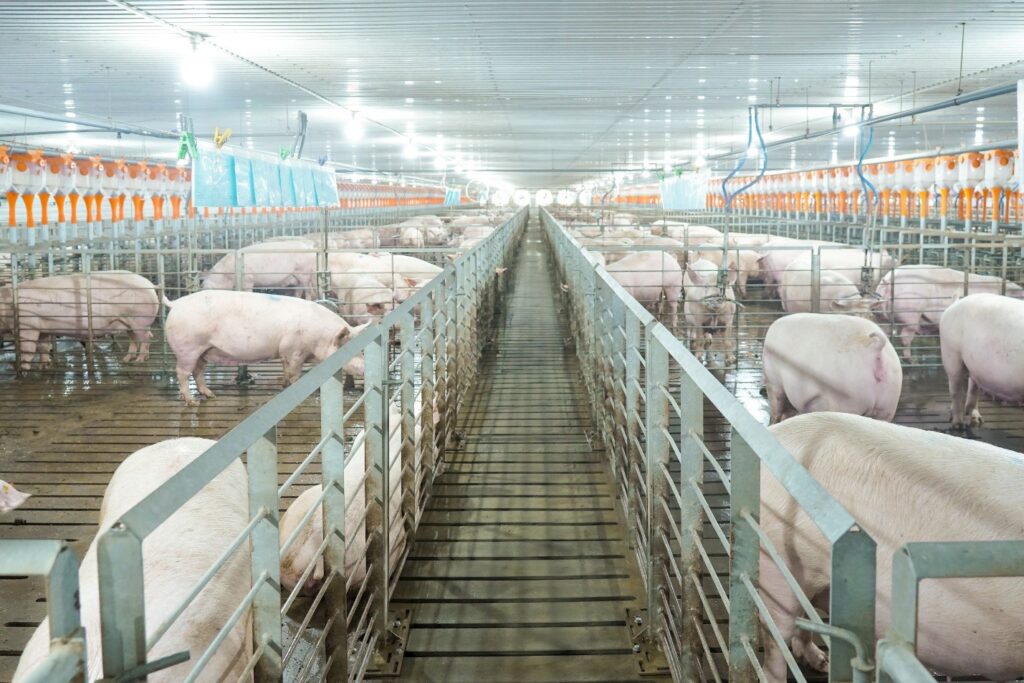
BAF has implemented this model and plans to expand it to more farms in the future.
In 2025, BAF is actively accelerating the rollout of new farming projects based on a comprehensive application of advanced standards — from strict disease control and modern, eco-friendly pig farming practices to ensuring a stable pork supply, maintaining food safety, and protecting public health.
